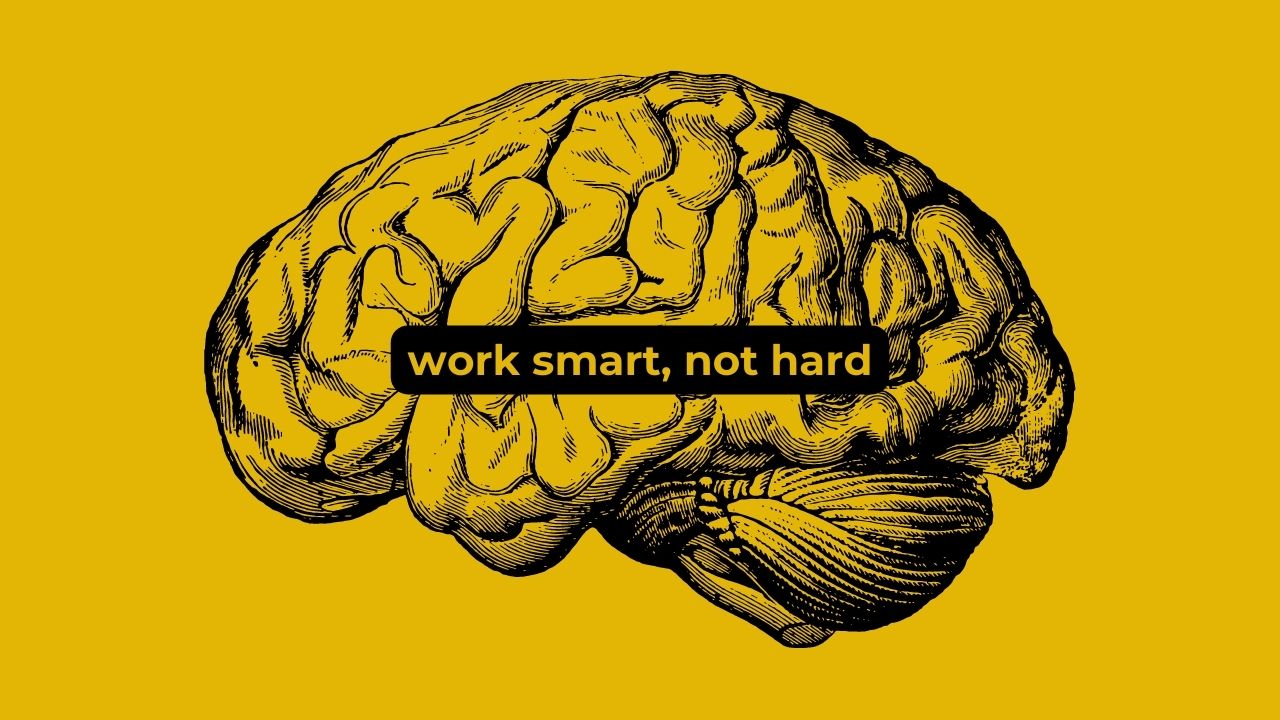- Rather than operating flat out at 100% capacity all the time, workers should perform below their peak capacity.
- Time management expert Donna McGeorge says workers need some breathing room to relax.
- She recommends knowledge workers to protect the first 2 hours of their day for their most intense and/or impactful work and to leave the routine stuff for the afternoon.
The four-day workweek is considered one of the leading trends in the future of work as more companies take part in the growing movement.
For some, that means jamming everything into a shorter amount of time—working at 100% capacity nonstop. But according to productivity coach and time management expert Donna McGeorge, going “all in” all the time has the opposite effect.
“You’ll do far better if, rather than operating flat out at 100% capacity all the time, you perform below your peak capacity, thereby giving yourself some breathing room to relax as well as some capacity to surge when necessary,” says McGeorge in her upcoming book, The 1-Day Refund.
In a Q&A with Donna McGeorge, she explains what would happen if our goal was to enjoy what we did, rather than perform at full throttle all the time.
Allwork.Space: When do people perform at their best?
Donna McGeorge: It’s different for everyone, of course, but our body clocks are designed for mental agility in the morning and physical dexterity in the afternoon.
I generally recommend for knowledge workers to protect the first 2 hours of their day for their most intense and/or impactful work. Leave the routine stuff for the afternoon.
Allwork.Space: How can workers find time to avoid burnout and care for themselves?
They have to protect it in their diary, it’s not just about self-care. They should be protecting “thinking and breathing time” at the very least.
So no meetings before 10am and after 4pm, for example, which not only creates space to get stuff done, but you get to set the tone and control the book ends of your day.
I think some people use the term “self-care” when they really mean space to think and/or breathe. Do they have the time to just stop and take stock and make decisions about the best way to spend their time? That means time for yourself.
Caring for yourself is about prioritizing yourself and what’s important to you. This can be anything from getting out for a massage to making sure you focus on your KPIs above other things.
Allwork.Space: What activities have a positive impact?
Rest, Fuel and Movement will have the biggest impact on a sense of wellbeing and productivity. If you are not sleeping well, or eating poorly and not getting any exercise, that’s where I’d start. Caring for yourself will be to pick one, and make it a priority.
Have a supportive network. Maintain positive relationships that energize you.
I’m all about making space. So, protect your diary from others by blocking time for yourself.
Keeping your job in perspective. For most people, jobs are a means to an end, and sometimes we lose sight of that; the job becomes the end. Be clear about why you’ve taken this job and what it allows you to do.
Allwork.Space: How can workers respond positively to unexpected circumstances?
Unexpected stuff will always happen. It’s about having the adaptive capacity to not just react, but to thoughtfully respond.
By protecting as little as an hour a day, which means no meetings, you can have space to respond to a great (and unexpected) opportunity.
I also recommend, where possible, “meeting free days.” Pick a day of the week that you try and keep free of meetings so that when the unexpected does happen, you have some room to move in your schedule.
If the unexpected is somewhat predictable, pay attention to patterns and accommodate that. For example, “Every Friday at 3pm, the phones start ringing off the hook with last minute requests,” then I’d protect Friday afternoons for that.
Best case scenario, the time isn’t needed so you can ease into the weekend, or worst case, (which is not really a worst case), you have prepared for that last minute onslaught and it won’t stress you so much.
Allwork.Space: What are some specific strategies for achieving more by doing less?
Protect time: Block your diary for your projects to create space to get them done. In many workplaces, empty space is an available space.
Overestimate: Many of us suffer from the planning fallacy where we underestimate how long something will take. Estimate and double.
Say no: It’s okay to say you don’t have the capacity to take on any more.
Wipe the mind: Every morning before you start work, take 5 minutes to write down everything that’s on your mind, including personal admin or other thoughts. The human mind is for having ideas, not storing them. Getting things out of your head and onto paper or lists will free up thinking space.
Minimize meetings: Find ways to not attend meetings, or at least shorten them.
















